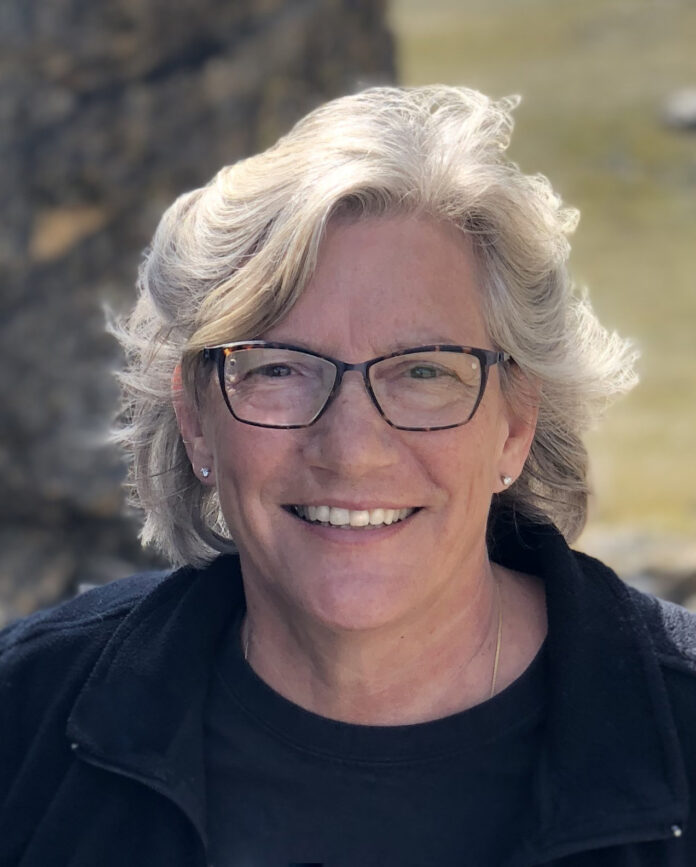
Be creative, open to new ideas and willing to help – and enjoy the ride. These are parting thoughts to Wendy Ford’s successor after spending 17 years as Iowa City’s economic development coordinator and public art coordinator.
Hired in 2006, Ms. Ford was Iowa City’s first economic development coordinator, a role that acts as a liaison between the city and the business community.
“Everyday is different,” said Ms. Ford in an email to the CBJ. “I might field a call about a business seeking a site on which to build, an immigrant wanting to start their own business, or be asked to help design a program to encourage investment in older commercial properties.”
Memorable projects
One of those programs, Building Change, offered matching grants for facade improvements on downtown buildings, which helped lengthen the life of historic buildings and maintained Iowa City’s unique aesthetic. One memorable downtown project that stood out to Ms. Ford was The Tailwind Project, a group of historic buildings on the 100 block of East College Street that were in desperate need of renovation. “This was the block (that) had contained two enormous college bars that were either still problematic or too large for any new business to consider leasing,” said Ms. Ford.
In return for city assistance, they hired a developer to revamp the block while ensuring historic preservation to the buildings’ original parts. Part of this included reducing the size of the large, old college bars to storefronts for lease that were attractive to more businesses, which would be open for more hours a day than the bars. It also worked to strengthen the downtown’s art scene by providing a new home for Riverside Theatre, as well as the building of apartments behind the historic buildings that would generate $1.8 million for the city’s affordable housing fund.
Looking back
Reflecting on the recent past, Ms. Ford says the most rewarding aspect of her role was being part of a team whose goal was to help Iowa City grow and prosper, and a key aspect was supporting the arts.
“When you have a strong arts community, you have a more attractive place to live and work,” said Ms. Ford, noting that economic development has shifted from first attracting businesses to attracting people.
“Also, as public servants, we aspire to be equitable in our programs. Some projects are easier to facilitate than others, yet the harder ones tend to have a larger impact whether they are serving a certain part of the community or a particular neighborhood,” she said.
Ms. Ford has learned quite a bit in the last 17 years, the most important being that “good things take time,” and the second being the technical side of the analysis required when a developer seeks financial assistance from the city.
“You have to look at all the sources and uses of funds, the net operating income, the 20-year proforma of the project and the returns to the developer. If, for example, the developer has not maximized attracting investment or commercial loans to the project, then they must do that before the City considers investing a dollar in it,” she said.
Looking forward
While her role in the city has been immensely rewarding, Ms. Ford is looking forward to the freedom that comes with retirement – small things, like staying up late and drinking coffee on the porch instead of commuting – and more ambitious ones, like traveling abroad with her husband Steve, taking road trips through the U.S. and spending more time with her 95-year-old father.
“I also have a background in the arts, so (I) am also looking forward to spending more time in our studio, especially making glass beads and jewelry,” she said.
In the interim, Rachel Kilburg, assistant city manager, will be assuming Ms. Ford’s previous roles until a replacement can be found.




